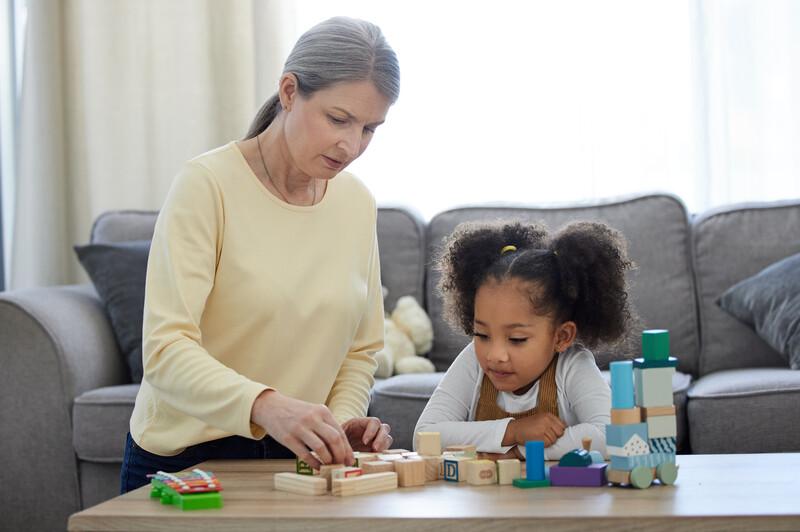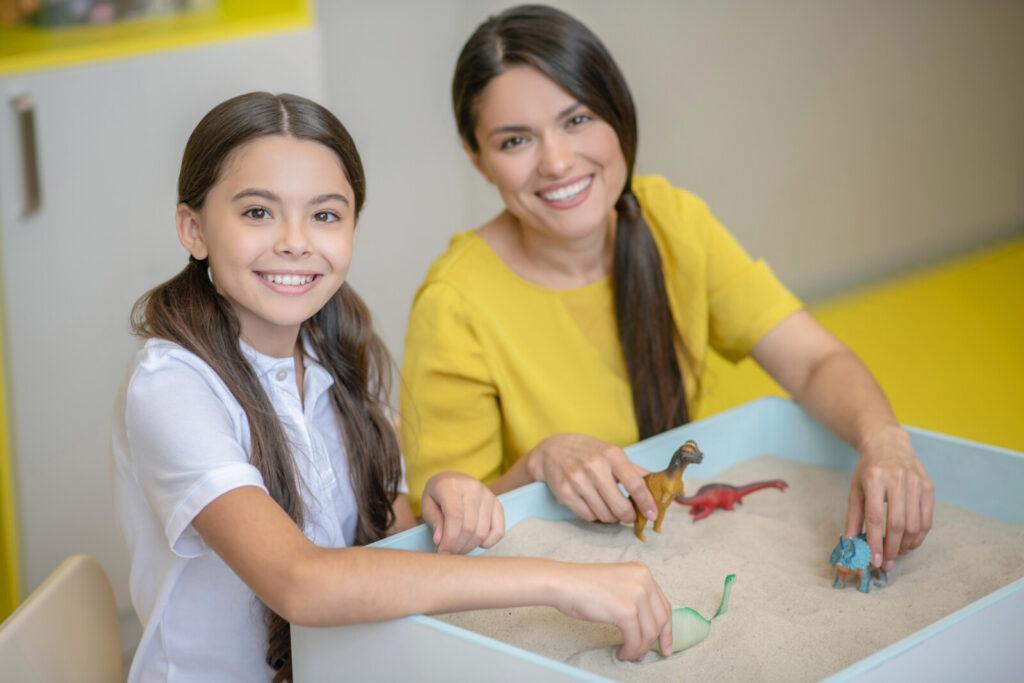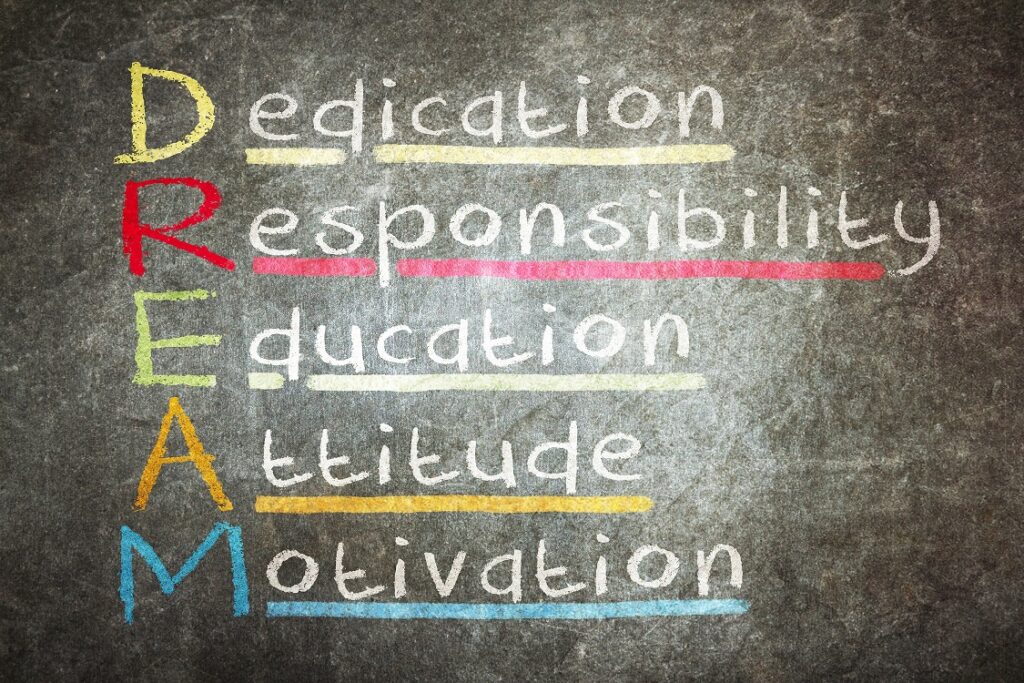Need help for your child? Consider Play Therapy
When kids struggle, parents or guardians often feel at a loss for what to do. They may feel overwhelmed, hopeless or blame themselves for their child’s behavior. A trained therapist works with the child and the family to address what is not working through individual play therapy or family play therapy.
Play therapy is an effective tool to allow children to express themselves with a compassionate adult through play. Why Play? Because play is how children communicate. Family play therapy creates space for children to express their feelings or difficulties and develop a different kind of relationship with their caregivers. Individual play therapy gives the child a sense of freedom to explore and play while interacting and being observed with a play therapist in a way that facilitates healing.
Dormetra Henry is A Licensed Professional Counselor with a master’s degree in Marriage and Family Therapy and a post-graduate certificate in MFT from Fuller Life. Dormetra Henry LPC is uniquely trained and qualified to intervene with your family. Counseling helps family members express concerns and find ways to work together toward solutions.
Meet Dormetra.
A Licensed Professional Counselor with a master’s degree in Marriage and Family Therapy and a post-graduate certificate in MFT from Fuller Life, Dormetra Henry LPC is uniquely trained and qualified to intervene with your family. Counseling helps family members express concerns and find ways to work together toward solutions.
Dormetra sees clients in person and virtually in Houston. She does evenings and weekends and accepts insurance. Call Dormetra today to schedule an appointment at (832) 548-9625..






